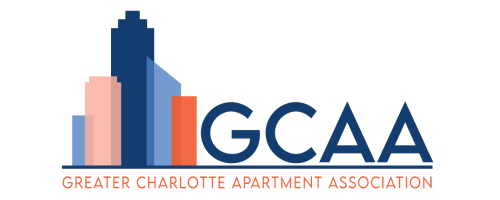Rent Control in Sheep’s Clothing
As North Carolinians prepare for a presidential election year, housing has become a hot button topic. Because homeownership feels impossible for many people, some lawmakers are looking to the rental housing industry to provide affordable options. While competition in the marketplace is encouraged, some lawmakers are looking to rent control to provide financial relief for renters. The Colorado General Assembly is considering House Bill 24-1259, which allows government policies to limit rents during a declared state of emergency or natural disaster. Supporters are messaging the bill as “anti-price gouging” and marketing it as only temporary during an emergency. However, in its original form, this bill would enforce rent caps when a disaster declaration begins and continue for two years after the date of the initial disaster, regardless of whether the declaration has ended or the issue has been resolved. Noncompliance would be classified as a deceptive trade practice and legal action could be taken by the state attorney general, district attorney, or an aggrieved party. It is obvious this bill is a gateway to rent control.
35 states have legislation that protects against “price gouging” and supporters are reshaping the way they describe rent control to make it sound acceptable and less detrimental. They are now commonly known as rent regulation, rent stabilization or anti-price gouging policies. These tactics are being used to try to soften the blow that rent control has on a local economy. While it might be tempting to local lawmakers to keep their heads in the sand, we must be educated about this harmful legislation. According to research commissioned by the National Apartment Association, over 70% of rental housing providers say that rent control negatively impacts development. These price-gouging policies are simply rent control policies in sheep’s clothing. If jobs and the economy are at the forefront of voter’s minds, why would North Carolina lawmakers play into the hands of rent control advocates?
It’s easy to think rent control policies are only affecting West Coast states but Georgia is a newcomer to anti-multifamily industry legislation. The South is just as susceptible to rent control legislation as neighboring states. If Charlotte/Mecklenburg County is to keep growing at a steady pace, it is imperative citizens elect lawmakers who oppose any form of rent control or price gouging. If these industry crushing policies are enacted in Mecklenburg County, all the community’s efforts to provide affordable housing will be washed away. It is the civic responsibility for lawmakers to protect their communities from potential financial ruin.

